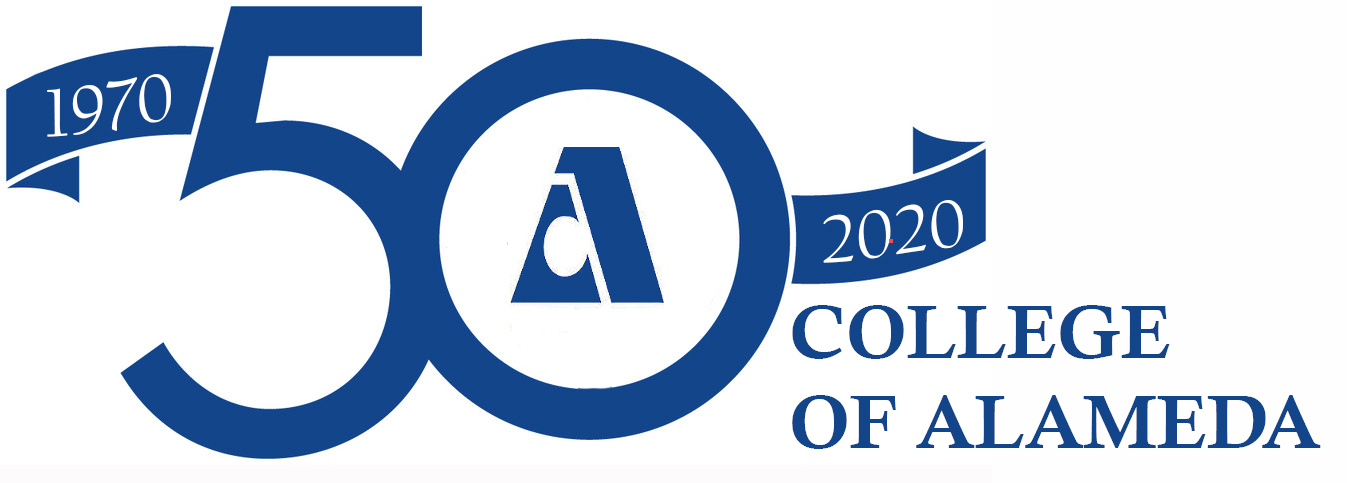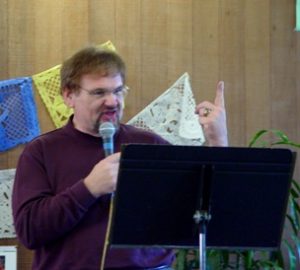This is a partial listing of Professor Brem’s “public intellectual” work.
Film Work
November/December 2006; Interviewed Commentator for Peralta Reports special program: “Empowerment or Exploitation: Life as a Sex Worker;” a documentary regarding the economic, political and social implications of prostitution, pornography and other forms of sex work. Sponsored by Peralta Colleges Television (public television station).
November 2004 and June 2005; Host and Moderator for Live Election Night Coverage (2004 national and local election and the 2005 California proposition special election); as part of a series of panel news commentary reports with live audience and call in format sponsored by Peralta Colleges Television (public television station).
October/November 2004; Host and Moderator for “Films for Democracy;” a series of four panel discussion and commentary shows with live audience and call in format sponsored by Peralta Colleges Television (public television station).
Publications
Brem, R.J. and Kyle, K. (2004). Equity in Education, in Perrucci, R., Ferraro, K., Miller, J., and Rust, R. (Eds.) Solutions: Agenda for social justice 2004, Society for the Study of Social Problems, Knoxville, TN, pp. 1-10.
Brem, R. J. (2000). The Cassandra complex: Complexity and systems collapse, in Morcol, G. and Dennard, L. (eds), New Sciences for Public Administration and Policy: Connections and Reflections, Burke, VA, Chatelaine, pp. 125-150.
Professional Conference Papers
Brem, R. J. (2015, July). Tectonic Relationships: Cognition, Language, and Intelligence; The Creativity Nexus, and the Epiphenomenon of Consciousness and The Self, a lecture presented at Laney College, Oakland, California.
Brem, R. J. (2015, June). Budgets Are Moral Documents: Contextualizing Federal Fiscal Policy in 2015, a lecture presented at Laney College, Oakland, California.
Brem, R. J. (2015, January). Community Psychology Applied to Building Communities of Concern, a lecture presented for The Sunday Assemblies Organization, Humanist Association, Oakland, California.
Brem, R. J. (2015, January). Issues in Forensic Psychology in the 21st Century; a lecture/workshop presented in the Department of Justice Studies: San Jose State University, San Jose, California.
Brem, R. J. (2014, September). Building an Infrastructure for the Development of Service Learning Based Student Leadership Programming in the Community College System; a lecture/workshop presented at the Peralta Community Colleges District Student Leadership Retreat, PCCD District Offices, Oakland, California.
Brem, R. J. (2014, June). The Problematique of Post-Modern American Democracy: Democracy & Gridlock; Checks & Balances; and the State of Affairs between the U.S. Congress and the Executive Branch today; a lecture presented at California State University East Bay, Oakland, California.
Brem, R. J. (2014, May). The State of the System of Representation and Democracy in America, a lecture presented at Chabot College, Hayward, California.
Brem, R. Mendoza, D. (2012, June). Dismantling Violence: Justice on All Fronts, A Workshop Presented at the Urban Leadership Institute Conference, Oakland, CA, Sponsored by the California Endowment for the Humanities and COMMIT: Community Leadership Institute.
Crain, C., Brem, R, Montague-Sweeney, M., Nelson, P. Nakano, M., and Olmedo, A. (2011, August). Community College Innovation, Social Change, and Our Quest to Meet Community Needs, Peralta Community College District Cross District Conference, Oakland, CA.
Crain, C., Montague-Sweeney, M., and Brem, R. (2010, December). Creating a Pipeline for Leadership: How Multi-Sector Collaborations Can Bring about Social Change, workshop at the Sierra Health Foundation – Youth Development Conference: Endless Possibilities: Hope, Passion, Purpose, Sacramento State University, Sacramento, CA.
Brem, R. J. (2010, April). The role media plays in shaping contemporary American politics, a lecture presented at Monterey Peninsula College, Monterey California.
Brem, R.J. (2006, February). An Ecology of Governance: New Public Service in a 21st Century Checks & Balances Society, Paper presented at the 19th National Conference of the Public Administration Theory Network, sponsored by Evergreen State College, Olympia, WA.
Kyle, K. and Brem, R.J. (2006, February). A Rose by Any Other Name: How PA and Community Psychology Inform One Another, Paper presented at the 19th National Conference of the Public Administration Theory Network, sponsored by Evergreen State College, Olympia, WA.
Brem, R.J. (2000, January). Governance and the Red Queen: The impact of hyperculture upon the practice of democratic governance, Paper presented at the 13th National Conference of the Public Administration Theory Network, sponsored by Florida Atlantic University, Fort Lauderdale, FL.
Professional Conference Workshops
Brem, R.J. (2001, December). The Red Queen and Psychotherapy’s Missing Voice: Social Induction and the nexus Between the Personal and Political, Workshop at the 8th International Congress on Ericksonian Approaches to Hypnosis and Psychotherapy / Milton H. Erickson Centennial, sponsored by the Milton H. Erickson Foundation, Inc; Phoenix, Arizona.
Brem, R.J. (1998, October). A Case Study: Politics and Participation in Lake Havasu City Arizona; Overview of Process; Discussion of Lessons Learned and Questions Raised, Workshop at the 1998 International Association of Public Participation Conference, Tempe, AZ.
Brem, R.J. (1998, May). Dancing with the Red Queen: The Place of Education in the Creation of Knowledge and the Future, Workshop at the Rules of the Road Never Taken Conference, sponsored by the Maricopa Community College District and the Arizona Career Development Association, Mesa, AZ.
Smith, V. and Brem, R.J. (1998, April). The Impact of Information Technology: Learning, Living, and Loving in the Future, Workshop at The Sedona Conference: Embracing the Future — Unleashing the Creative Potential, a multimedia, multinational conference on the future sponsored by the Maricopa Community Colleges in association with the Edinburgh Conference on Interactive Learning, Sedona, AZ.
Lombardo, T. and Brem, R.J. (1998, April). Religion, Spirituality, and the Metaphysics of the Future, Workshop at The Sedona Conference: Embracing the Future — Unleashing the Creative Potential, a multimedia, multinational conference on the future sponsored by the Maricopa Community Colleges in association with the Edinburgh Conference on Interactive Learning, Sedona, AZ.
Professional Conference & Other Panels
Brem, R., Crain, C., and Montague-Sweeney, M. (2010, March). The Community Development and Leadership Initiative: Reminding Us What We Say We Mean To Be, workshop at the 4th CSU Regional Conference on Community-Based Research: Transforming Scholarship, Transforming All Our Lives, Berkeley, CA.
Meitz, J. & Brem, R.J. (2003, July). Stanford’s Zimbardo Experiment. Symposium at the 11th International Conference On Thinking Creating the Future: Paradigm Shifts in all Disciplines, Phoenix Civic Plaza, Phoenix, AZ.
Hall, J., Jones, P., & Brem, R. (1997, April). Dynamics of community in relation to place-based service delivery, panel presentation as part of the U.S. Department of Housing and Urban Development Arizona State Office Place-Based Training Program, Phoenix, AZ.






 feel for the layout of the textbook and what the author thinks is important enough to highlight here.
feel for the layout of the textbook and what the author thinks is important enough to highlight here.